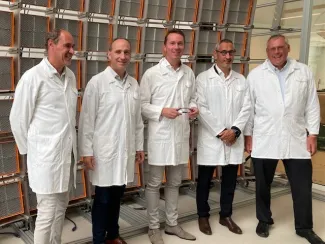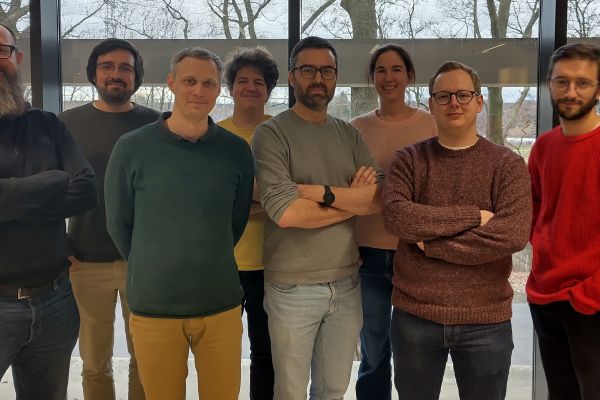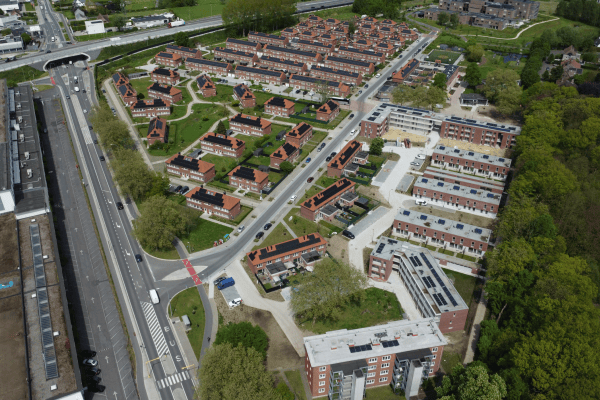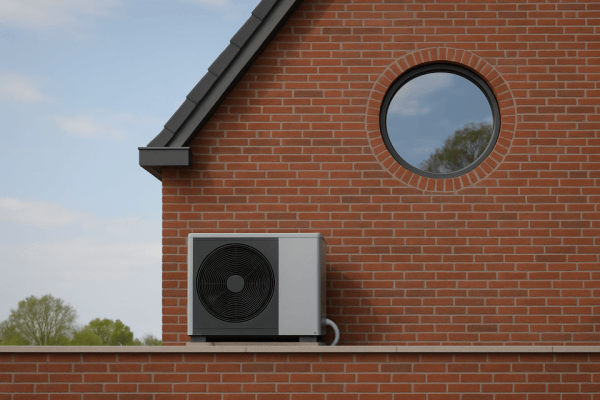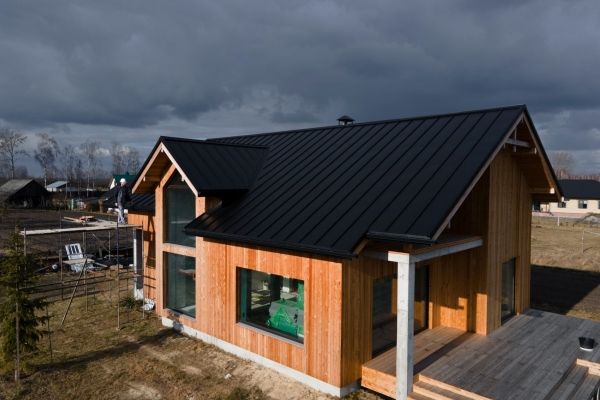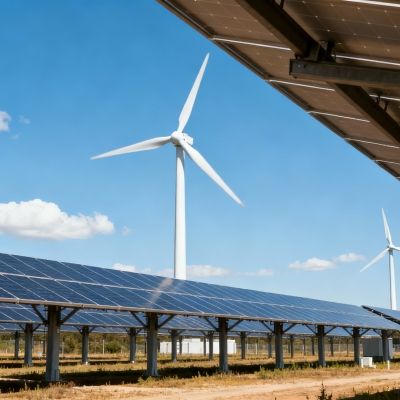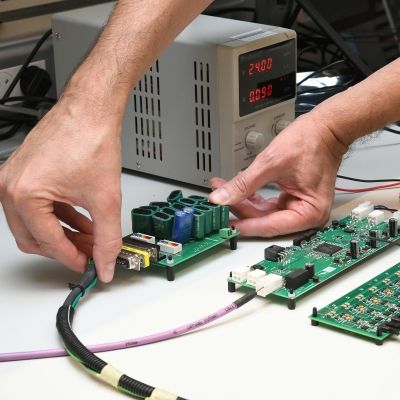First five-year covenant signed with EnergyVille
Today, a five-year covenant with EnergyVille was officially signed. As such, the Flemish Government supports the collaborative work of the EnergyVille partners imec, KU Leuven, VITO and UHasselt and their research into sustainable energy in intelligent energy systems. Through the covenant, Flanders provides 3 million euros in financing for EnergyVille up until 2026, which, according to Minister of Economy and Innovation Jo Brouns, will lead to an acceleration of the sustainable energy transition in Flanders for both companies and citizens. "This way we create sustainable growth, more employment and Flanders as a highly competitive Innovation Hub in Europe."
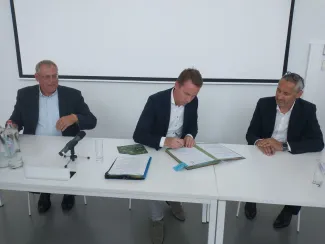
EnergyVille conducts research in eight sustainable domains: solar energy, battery storage, power electronics, Power-to-Molecules, energy for buildings and districts, electrical grids, energy strategies and markets, and thermal systems. As an example, EnergyVille researchers are currently working on more efficient and less expensive solar modules and batteries, by developing both new technologies and new materials. Not only the electrification of our vehicle fleet, but also the current trends of rising energy prices and more demand for solar panels and battery storage, demonstrate that these are very relevant areas of innovation.
EnergyVille has also been focusing on new topics. Take for example the recently introduced research topic of green hydrogen for applications that cannot be electrified, which will enable sectors that are difficult to decarbonize – such as long-distance shipping or steel production at Arcelor-Mittal – to become more sustainable. EnergyVille is researching new membrane technology so that the production of green hydrogen can become cheaper.
In addition, research is also performed on new concepts for heating buildings, such as a 5th-generation district heating network – which no longer requires an external heat source – and on improving heat pumps for industry. Furthermore, the Open Thor Living Lab, in which state-of-the-art infrastructure will enable open innovation with a view to the energy transition, will be expanded. In that context, EnergyVille (through VITO) is also leading the oPEN Lab project in Genk (PEN stands for positive energy neighbourhoods), which has the ambition, among other things, to renovate the residential areas of New Texas and the garden district of Waterschei into positive energy neighbourhoods, i.e. neighbourhoods that generate more energy than they consume.
This five-year covenant has specified the modalities under which Flanders will allocate the annual financing in EnergyVille and what the objectives and results are to be achieved: the so-called Key Performance Indicators. The Flemish Government will evaluate EnergyVille's activities on the basis of established strategic and operational objectives and indicators. These include scientific results, but also the socio-economic and social impact in the daily lives of citizens and the activities of Flemish companies. For example, the covenant aims at more cooperation between EnergyVille and industry, more STEM initiatives taken, training of (international) PhD students, contributions to the digitization of the energy system, and knowledge dissemination within both the energy sector and the general public. EnergyVille’s score in each of these areas will be monitored annually by the Flemish government.
The ultimate goal is clear: to help accelerate the sustainable energy transition through innovation in order to achieve an energy-efficient, CO2-neutral and sustainable society in which comfort and affordability for citizens take center stage. “We thank the Flemish Government for this support to EnergyVille. We will continue working together with the government, industry and citizens on this transition, which must also be just one. Because leaving no one behind in a world in motion is the essence of the work that we have to do together," says Gerrit Jan Schaeffer, General Manager of EnergyVille.
EnergyVille acts as an attraction for top researchers in and outside Flanders and avoids a brain drain from Flanders. There are currently around 400 employees at EnergyVille. It is expected that 20 to 30 new recruits will be added in the coming years, including at least 20 extra PhD students.
Flemish Minister of Economy and Innovation Jo Brouns is satisfied with the covenant and the structural financing for EnergyVille: "With the current energy crisis and rising energy prices, it has become clear that with Flanders we must work on research and innovation in sustainable systems. With the immense challenge of the renovation wave in mind, EnergyVille is an ideal partner to tackle this at district level. It develops innovative tools to optimize district heating networks and heat pumps in our residential areas and at our Flemish companies, and it even conducts research into noise barriers with integrated solar panels. With this covenant, we are therefore not only creating innovative solutions, but also sustainable growth, more employment and a highly competitive Flanders as an Innovation Hub in Europe.”
Mayor Wim Dries of the city of Genk: “The energy transition will be local, or it will not be. But as a local government, we cannot do this alone. Today we see how EnergyVille is already succeeding, through oPEN Lab, among others, in translating their research into specific projects in which our residents are involved to effectively apply the energy research in the homes and thus take real steps in the energy transition. With this structural support, it is also possible to make an effective difference for citizens, who, together with governments and companies, are faced with major challenges. As Genk, we would therefore like to continue to play the role as a partner in bridging the gap between energy research and its implementation among our residents. In this way we not only make Genk future-proof, but also all 300 cities and municipalities in Flanders.”
